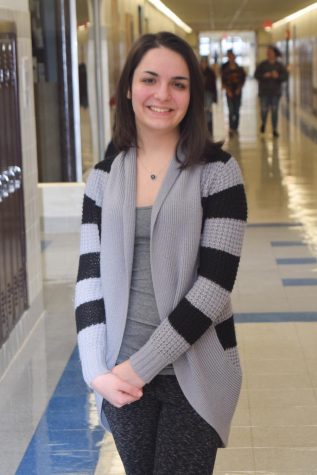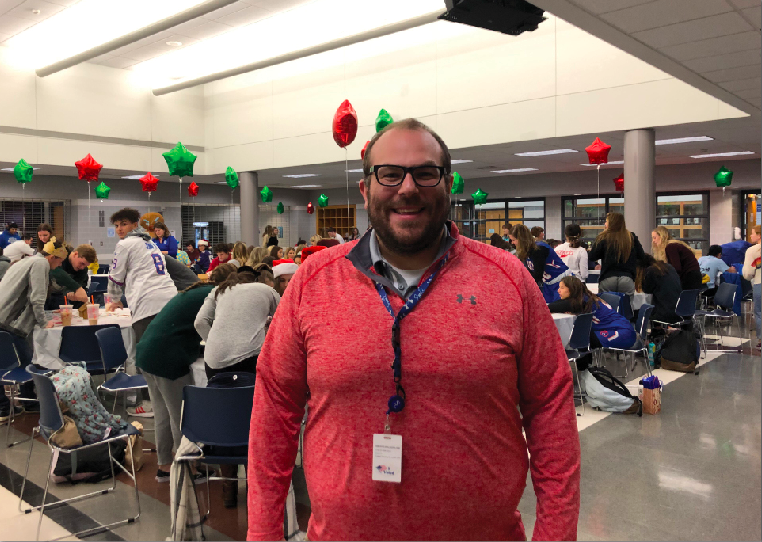Southern Lehigh District Administration Introduces New Mental Health Support Groups
Vice Principal Mr. Thomas Ruhf has been spearheading the efforts to establish student support groups.
High school is a turbulent time. Teenagers have to juggle grades, friends, family, jobs, and extracurricular activities, all while trying to develop a sense of identity. With that on their shoulders, it’s no wonder that one in five teens suffers from at least one mental health disorder. This year, members of the Southern Lehigh High School administration are taking steps to help students with their mental health journeys.
“We have a lot of roles in our students’ lives that are not purely academic,” Southern Lehigh High School assistant principal Mr. Thomas Ruhf said. “The national mental health statistics are very clear; we need to do more.”
Mr. Ruhf is spearheading an initiative to provide students with various support groups to help them cope with everything from stress, to grief and loss, to nicotine cessation. They are run by the Caron Foundation, an agency that provides treatment for mental health as well as substance abuse issues.
In late October, Mr. Ruhf sent a survey to students via district email, offering the support group services to anyone who was interested. Roughly 10% of the student body — 125 students — responded that they would like to participate.
Caron liaison Mr. TJ McDowell, from the company’s student assistance department, facilitates these groups at Southern Lehigh. He leads each group, ensuring that no one member is dominating, that there is no “competing” between group members, and that the conversation is productive as well as therapeutic, rather than harmful.
“Caron has a bunch of services we can offer to schools in order to help the students to get the services and help that they need to remove any barriers to education,” Mr. McDowell said. “As a professional, I believe in the services we provide; high schools are learning that not only does this stuff work, but it’s also incredibly important.”
These groups are intended to be a first level of support to help students with their mental health, before undergoing more intensive help, such as behavioral health assessment and individual counseling.
“You all are living in a very tough time to grow up; everybody is kind of wearing a mask,” Mr. Ruhf said. “The group setting potentially allows people to strip that off and see that they have more in common with their peers than they think.”
The high school guidance department has lent their full support to this initiative as well. Guidance counselor Mrs. Tamme Westbrooks is excited about how support groups will bring ease to her students.
“It’s much easier when students come to us to say ‘oh this [particular group] would be good for this student,’” Mrs. Westbrooks said. “I think if the groups were open ended then it would be harder for us, but because [they are] so specific to [each issue] — for example, anger management, or grief and loss — it’s very easy to gear students towards [the right group].”
With a guidance office that carries a large number of cases and plays such diverse roles, Mrs. Westbrooks is pleased to have outside assistance.
“It helps us provide things for our students we just cannot give them ourselves,” Mrs. Westbrooks said. “Anything that helps students we are in full support of and it absolutely helps us.”
Since the programs are just starting up, it is too soon to tell how the program is working, but it will become more clear in the weeks and months to come.
“If one person gets help, it’s worth the process,” Mr. Ruhf said. “From students who’ve sought me out and told me it’s going well, that’s worth its weight in gold.”

Senior Kennah Salvo is the features editor and a third-year staff reporter and former news editor for the Spotlight. She is a member of the Feminist Student...


